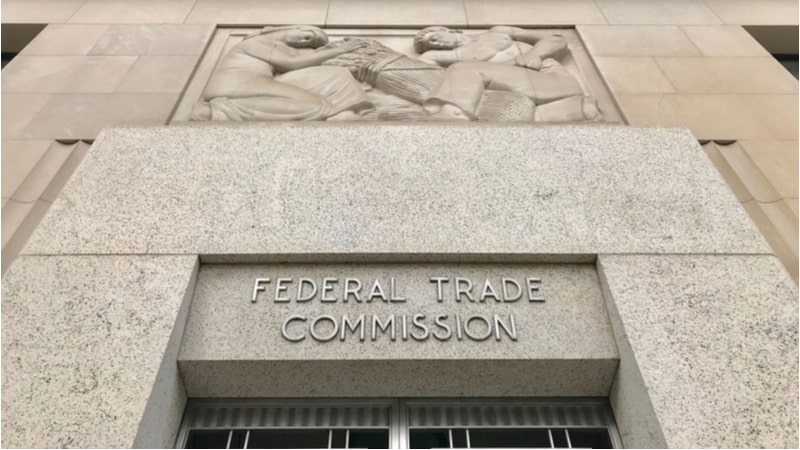
The Federal Trade Commission (FTC) has announced the winners of the agency’s Voice Cloning Challenge, which has encouraged the creation of approaches to protecting consumers from harmful AI-generated voice cloning.
The challenge is the sixth competition that the FTC has launched under the America COMPETES Act, which is focused on finding solutions to complex consumer issues.
“Tapping American ingenuity is critical to solving big abuses like deceptive voice cloning,” said Samuel Levine, Director of the FTC’s Bureau of Consumer Protection. “When it comes to AI-driven fraud, the FTC will continue using every tool to deter harmful practices, shut down bad actors, and spur innovative proposals to help protect consumers.”
Winners of the competition, who will split $35,000 among them, are:
- AI Detect: Created by David Przygoda and Dr. Carol Espy-Wilson at OmniSpeech, and focused on distinguishing the subtle differences between AI-generated speech and genuine speech;
- DeFake: Created by Dr. Ning Zhang, Assistant Professor in the Department of Computer Science and Engineering at Washington University in St. Louis, and focused on using a form of watermarking to make voice cloning more difficult;
- OriginStory: Created by Dr. Visar Berisha, Drena Kusari, Dr. Daniel W. Bliss, and Dr. Julie M. Liss, and focused on using off-the-shelf sensors that are already found in most devices to measure the voice and bio signals of a person speaking to authenticate their speech and flag AI-generated examples.
In fourth place, Pindrop Security won a recognition award for developing a real-time detector for voice clones and audio deepfakes. “The technology evaluates each incoming phone call or digital audio in two-second chunks and flags those that are potential deep fakes,” the FTC said.
“We’re recognizing people who are pushing science forward and proposing different options to ensure a robust landscape of solutions,” said Stephanie T. Nguyen, the FTC’s Chief Technologist. “These exciting solutions show that a multi-disciplinary approach is necessary to prevent the harms posed by voice cloning.”
The results of the FTC’s contest follow action in February by the Federal Communications Commission to ban the use of voice cloning technologies made possible by artificial intelligence in the case of unwanted robocalls to consumers.
